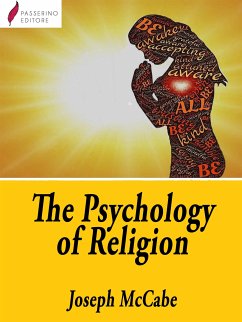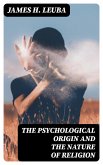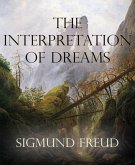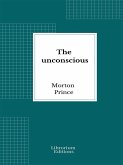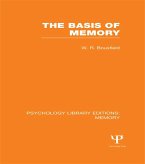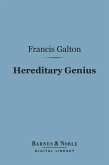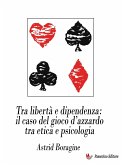Psychology of religion consists of the application of psychological methods and interpretive frameworks to the diverse contents of religious traditions as well as to both religious and irreligious individuals. The extraordinary range of methods and frameworks can be helpfully summed up regarding the classic distinction between the natural-scientific and human-scientific approaches. The first cluster proceeds by means of objective, quantitative, and preferably experimental procedures for testing hypotheses regarding the causal connections among the objects of one's study. In contrast, the human-scientific approach accesses the human world of experience using qualitative, phenomenological, and interpretive methods, with the goal of discerning meaningful rather than causal connections among the phenomena one seeks to understand. Joseph Martin McCabe (12 November 1867 - 10 January 1955) was an English writer and speaker on freethought, after having been a Roman Catholic priest earlier in his life. He was "one of the great mouthpieces of freethought in England". Becoming a critic of the Catholic Church, McCabe joined groups such as the Rationalist Association and the National Secular Society. He criticised Christianity from a rationalist perspective, but also was involved in the South Place Ethical Society which grew out of dissenting Protestantism and was a precursor of modern secular humanism.
Dieser Download kann aus rechtlichen Gründen nur mit Rechnungsadresse in A, B, BG, CY, CZ, D, DK, EW, E, FIN, F, GR, HR, H, IRL, I, LT, L, LR, M, NL, PL, P, R, S, SLO, SK ausgeliefert werden.

